The pursuit of authentic partnership: a personal journey
Blog | February 3, 2022
David Bainbridge, executive director of CBM Global, reflects on his experiences with partnerships in the NGO sector and challenges organisations to put ‘partnership by imposition’ behind.
Meaningful engagement
A theme of the Global Disability Summit is meaningful engagement of persons with disabilities through their representative organisations. For CBM Global, partnership with and accountability to the disability movement is at the heart of our mission, guided by a human-rights approach. This is the reason why we decided to undertake a listening exercise through 2020 and 2021 to gather feedback from the organisations of persons with disabilities that we partner with – to identify what is working well and what areas need improvement. I am so pleased that through this process CBM Global has identified a clear set of improvement commitments to ensure we consistently walk the talk in ensuring meaningful engagement of persons with disabilities through their representative organisations.
My experiences with partnerships in the NGO sector go back over 35 years and could be described as reflecting the good, the bad and the ugly.
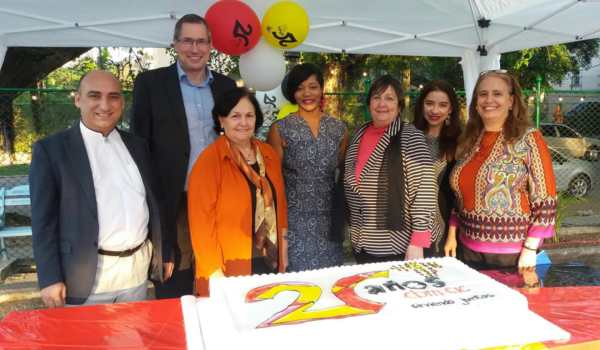
Attending a celebration of 20 years of partnership in Cuba
“That’s not partnership, that’s imposition!”
I was in my twenties in my first job with an International NGO at the start of my career, observing a leadership meeting. I can’t now recall the specific topic that was the focus of heated debate but an impassioned appeal from the Philippines representative in the organisation is etched in my memory when he exclaimed: “that’s not partnership, that’s imposition!”. He was urging that local and national perspectives needed to be understood and respected in the organisation’s decision making. Ever since that encounter, I have been deeply conscious that the way INGOs engage in partnerships really matters.
Poor practice
Over the decades since then I have witnessed situations where I was appalled and embarrassed by the ‘partnership’ behaviours and actions on display. I remember sitting in a high level coordination meeting in Freetown, Sierra Leone, after the civil war. There were UN organisations and INGO representatives filling the large meeting room, along with a handful of local and national organisations, discussing the reconstruction task for the nation. The leader of the national civil society organisation that my NGO was supporting stood up and made an impassioned appeal that local voices needed to be heard, that local civil society organisations needed to be included and resourced, not bypassed, to support the national reconstruction process. During a humanitarian programme in India when INGO staff were ‘seconded’ into a local partner organisation to provide ‘hands on support’ I felt deep embarrassment when I learnt that one seconded individual was making decisions and communicating with the local authorities on official partner letterhead paper without even consulting with the partner organisation they were seconded to. The organisation was in ‘damage control’ mode as a result. Partnership really matters.
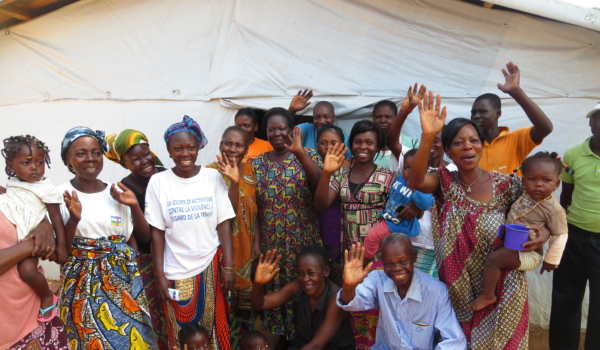
Meeting with residents and local partner staff in a camp for Internally Displaced
Persons, Bangui, Central African Republic
True partnership
Partnership between two organisations is about recognizing their independence and autonomy, acknowledging their different mandates and then identifying the aims that the two organisations have in common and pursuing those with mutual respect, mutual accountability and complementarity. Yet far too often the local organisation is co-opted by the international organisation, by subtle means or overtly. They become diverted away from their own mission and purpose, they become overwhelmed by a raft of compliance rules and conditionalities, they become instrumentalized to fulfil the needs of the INGO. This is not partnership.
Celebrating complaints
When I was a Humanitarian Director in the 2000s there were curious expressions across my team members when, discussing our plans to introduce feedback mechanisms for local partners and communities, I explained that we should ‘celebrate’ the day we start to receive complaints from our partners. Not, of course, because we were pleased that our partners had something to complain about, but celebrating the fact that our partners, at long last, felt they had the space and freedom to express what they were really thinking and feeling. Like any good safeguarding reporting mechanism, we should never assume that ‘no cases reported’ means that there is nothing to be concerned about – quite the opposite. It was notable that in CBM Global’s recent listening exercise with our OPD partners, one participating organisation commented that this was the first time they had directly been approached for their opinion. We clearly have a long way to go before open and continuous feedback becomes the norm.
Nothing about us, without us
When I started working in 2016 for a disability focused INGO with a mission that was focused on inclusive development a whole new dimension to this partnership challenge came into sharp focus. “Nothing about us without us” is a familiar motto in the disability movement, highlighting the historical and ongoing exclusion of persons with disabilities in decision making about their lives and the communities or societies they live in. When it comes to international development and humanitarian action, Organisations of Persons with Disabilities (OPDs) – the representative organisations for persons with disabilities – have been routinely excluded. The Global Disability Summit with its vision of promoting equality is a timely reminder that meaningful engagement of persons with disabilities through their representative organisations is not an optional extra but a prerequisite to ensuring an inclusive world.
The NGO sector needs radical change. Let’s put the days of ‘partnership by imposition’ firmly behind us.
https://cbm-global.org/blog/authentic-partnership
Related News
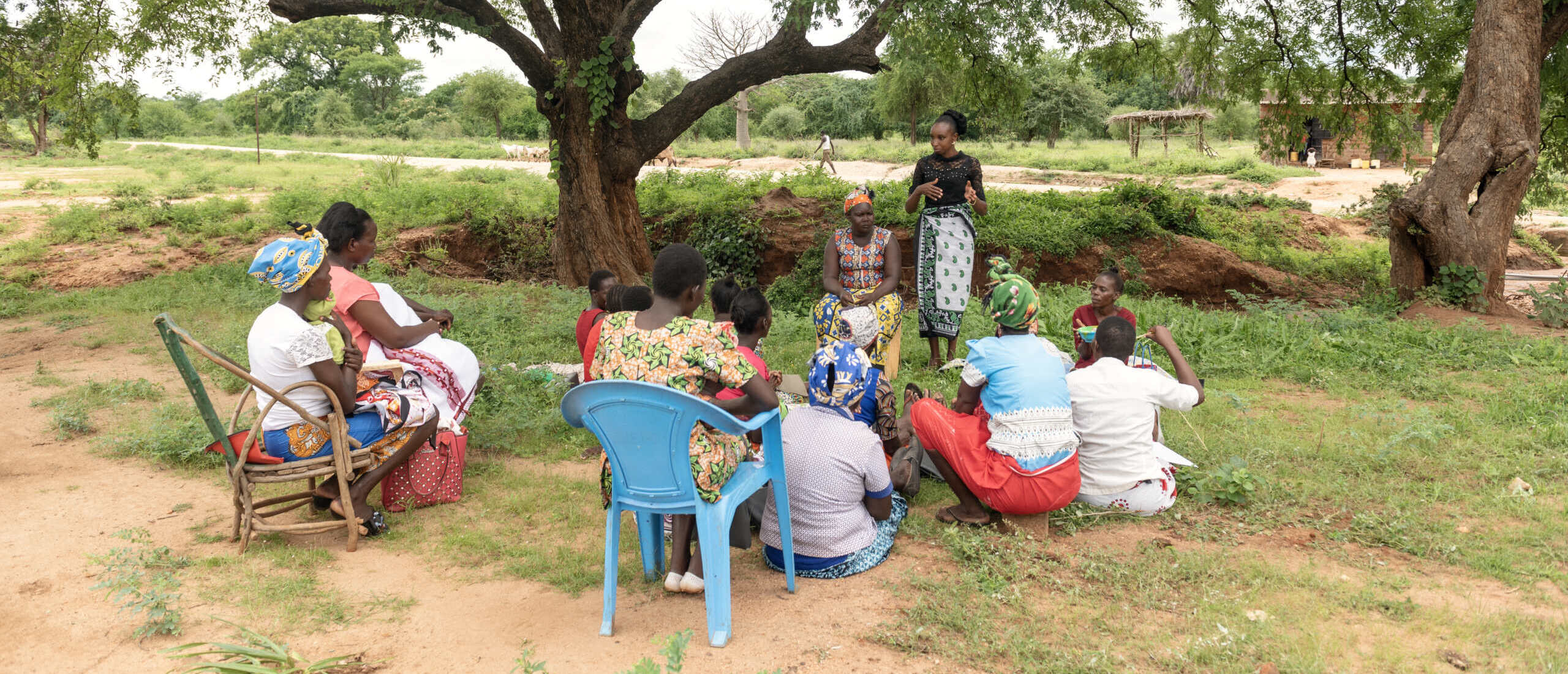
What our partners told us and how it shapes our future
One of our strategic priorities as a Federation is to shift power in partnerships....
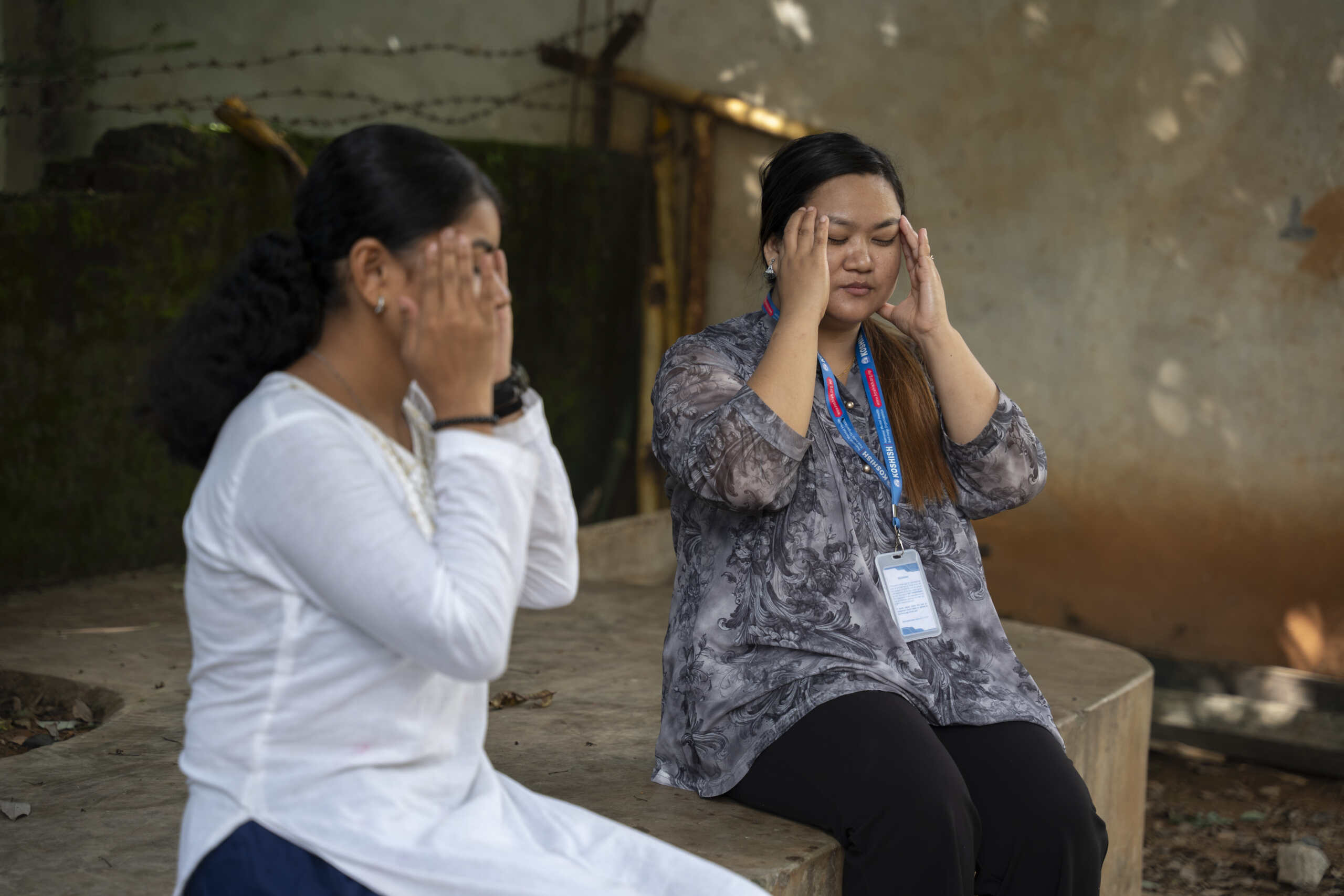
Breaking Stigma, Building Hope: Suicide Prevention in Nepal
After losing her young daughter to suicide, Maya developed a mental health condition while...
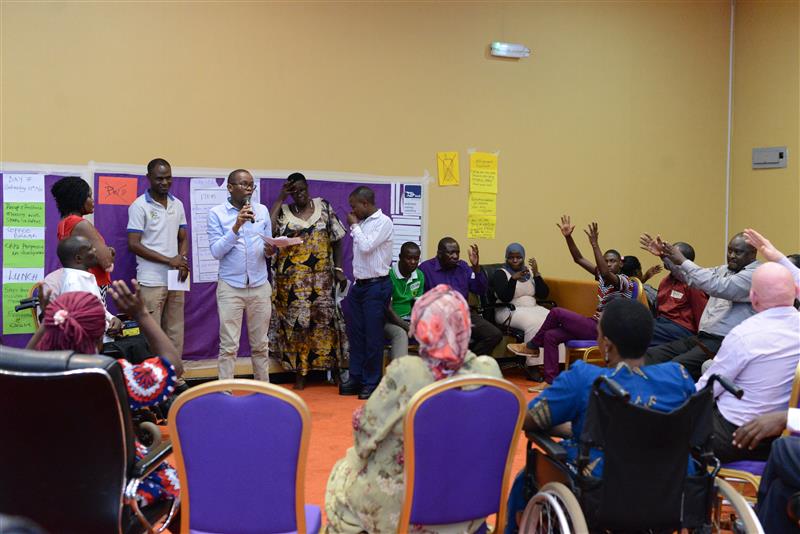
Accessibility, reasonable accommodation, and budgeting for inclusion
Budgeting for inclusion, accessibility, and reasonable accommodation must be...
